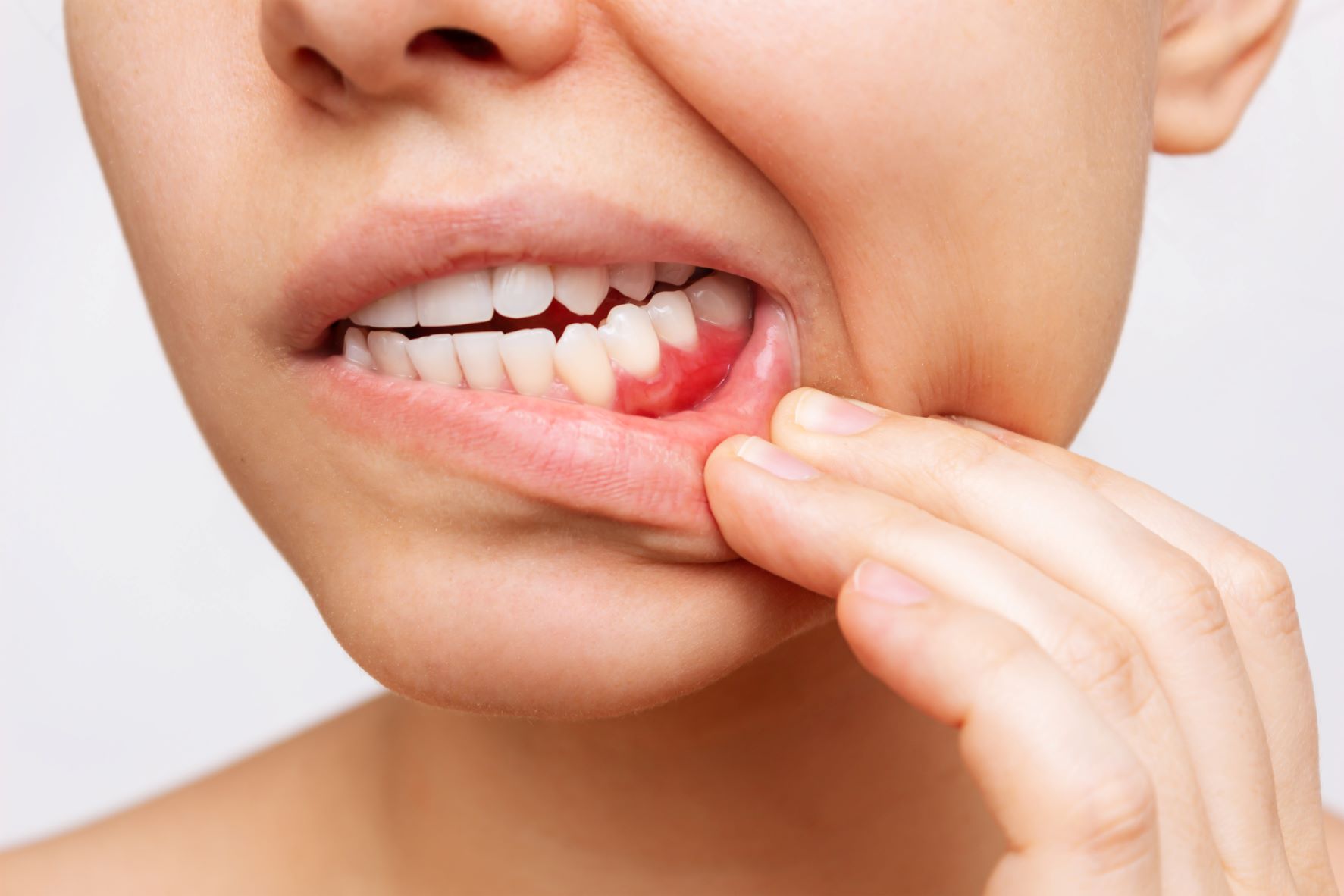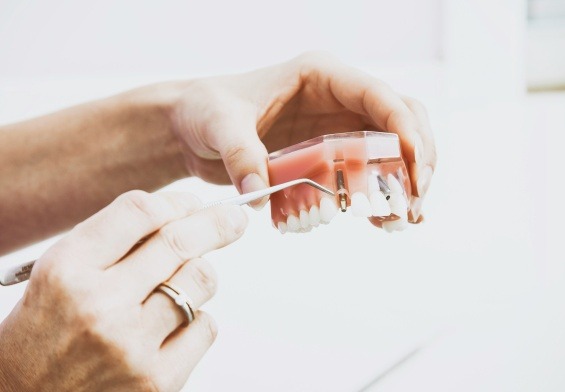If you’ve ever noticed your gums feeling tender or bleeding while brushing, you might be experiencing the early signs of gingivitis. Gingivitis is an incredibly common dental issue in adults, but it’s also highly treatable and preventable, especially when you work with the best dentist in NJ. Their knowledge and expertise can help you manage and reverse gingivitis before it progresses into periodontitis, a more serious gum disease. In this article, we’ll explore everything you need to know about gingivitis, including its causes, symptoms, and the best ways to prevent and treat it.
What is Gingivitis?
Gingivitis is the early stage of gum disease, characterized by swelling and inflammation of the gums. It’s typically caused by plaque buildup along the gumline, which can harden into tartar and lead to more severe gum issues if it’s not removed.
According to the American Dental Association (ADA), “Gingivitis is the early stage of gum disease” and “at this stage, the disease is still reversible.” It’s actually quite easy to remedy the infection with daily brushing, flossing, and regular cleanings from the best dentist in NJ.
Causes of Gingivitis
Gingivitis is mainly caused by the accumulation of plaque, a sticky film of bacteria that forms on teeth. Plaque irritates the gums, leading to redness, swelling, and bleeding. Poor oral hygiene, smoking, and even certain medications can cause more plaque buildup, increasing your risk of developing gingivitis.
The Mayo Clinic highlights that “the most common cause of gingivitis is not keeping your teeth and gums clean and healthy.” Hormonal changes during pregnancy are another common factor, which can make the gums more sensitive and prone to inflammation—this is known as pregnancy gingivitis.
If you’re concerned about these risk factors, bring them up to a gum disease dentist in NJ to stay ahead of potential problems.
How to Know If You Have Gingivitis
Not sure if you have gingivitis? Here are the most common gingivitis symptoms in adults:
- Swollen or puffy gums
- Red or purple-colored gums
- Gums that bleed easily when brushing or flossing
- Persistent bad breath (halitosis)
- Tender gums
If you notice any of these symptoms, it’s important to act quickly. The quicker you seek treatment, the easier it is to reverse gingivitis and prevent it from getting worse.
Gingivitis and Pregnancy
Your hormones might do a lot of crazy things when you’re pregnant, including changing in such a way that leads to a condition known as pregnancy gingivitis. In fact, the Centers for Disease Control and Prevention estimate that 60-75% of pregnant individuals are affected by pregnancy gingivitis. If you notice your gums are swollen or bleeding while you’re pregnant, speak to a gum disease dentist NJ to stay on top of it and prevent complications.
Because pregnancy gingivitis is so prevalent, it’s essential for pregnant women to maintain excellent oral hygiene and attend regular dental check-ups. Meeting with the best dentist in NJ for gum disease on a consistent bases will be a big help in managing symptoms and keeping mother and child safe.
How to Reverse Gingivitis
Reversing gingivitis is certainly doable when you employ a combination of good oral hygiene and professional dental care. Here’s a few things you should do:
- Brush Twice a Day: Use fluoride toothpaste and brush for at least two minutes.
- Floss Daily: Flossing removes plaque between teeth, where your toothbrush can’t reach.
- Use Antibacterial Mouthwash: A good mouthwash can help kill bacteria and reduce plaque buildup. Avoid mouthwashes that contain alcohol, since that will dry out your mouth and lead to more plaque buildup.
- Visit Your Dentist Regularly: Regular cleanings are essential to remove tartar and catching gingivitis before it progresses to periodontitis.
The best dentist in NJ will take your unique case into account and recommend the most effective treatment plan for your specific needs, such as professional cleanings and any additional treatments that may be necessary.
Gingivitis Treatment in NJ
You’ll need professional treatment to halt the progress of gingivitis if it’s already developed. The best gingivitis treatment NJ can offer typically includes:
- Scaling and Root Planing: A deep cleaning procedure that removes plaque and tartar from below the gumline.
- Medication: In some cases, your dentist may prescribe antibiotic treatments to control infection.
- Ongoing Maintenance: After initial treatment, regular follow-ups with your dentist keep the gingivitis from coming back.
A close relationship with a gum disease dentist NJ plays a huge role in keeping your gums healthy and preventing the condition from worsening.
How to Prevent Gingivitis Naturally
Maintaining a consistent oral care routine is the best way to protect yourself from gingivitis naturally. Here are some tips on keeping gingivitis at bay:
- Brush and Floss Daily: As mentioned earlier, proper oral hygiene is your best defense against plaque buildup.
- Eat a Balanced Diet: Foods rich in vitamins, especially vitamin C, can promote gum health and reduce inflammation.
- Stay Hydrated: Drinking plenty of water helps wash away food particles and bacteria that cause plaque buildup
- Avoid Smoking: Tobacco products are one of the leading causes of gum disease, so quitting can significantly improve your oral health.
Natural prevention and regular dental visits complement each other to create a comprehensive gingivitis prevention plan. Simply seeing the best dentist in NJ for gum disease every six months can help keep your gums in great shape.
Maximizing Gingivitis Prevention
Gingivitis is a common condition that’s easily preventable and treatable. With proper oral care and regular check-ups, you can keep your gums healthy and keep any problems from progressing into more serious issues. Whether you’re experiencing early symptoms or just want to stay on top of your dental health, the best dentist in NJ can certainly help. Schedule your appointment today and take the first step toward a healthier smile.
Resources:
https://www.mouthhealthy.org/all-topics-a-z/gingivitis
https://www.mayoclinic.org/diseases-conditions/gingivitis/symptoms-causes/syc-20354453
https://www.webmd.com/oral-health/gingivitis-periodontal-disease



